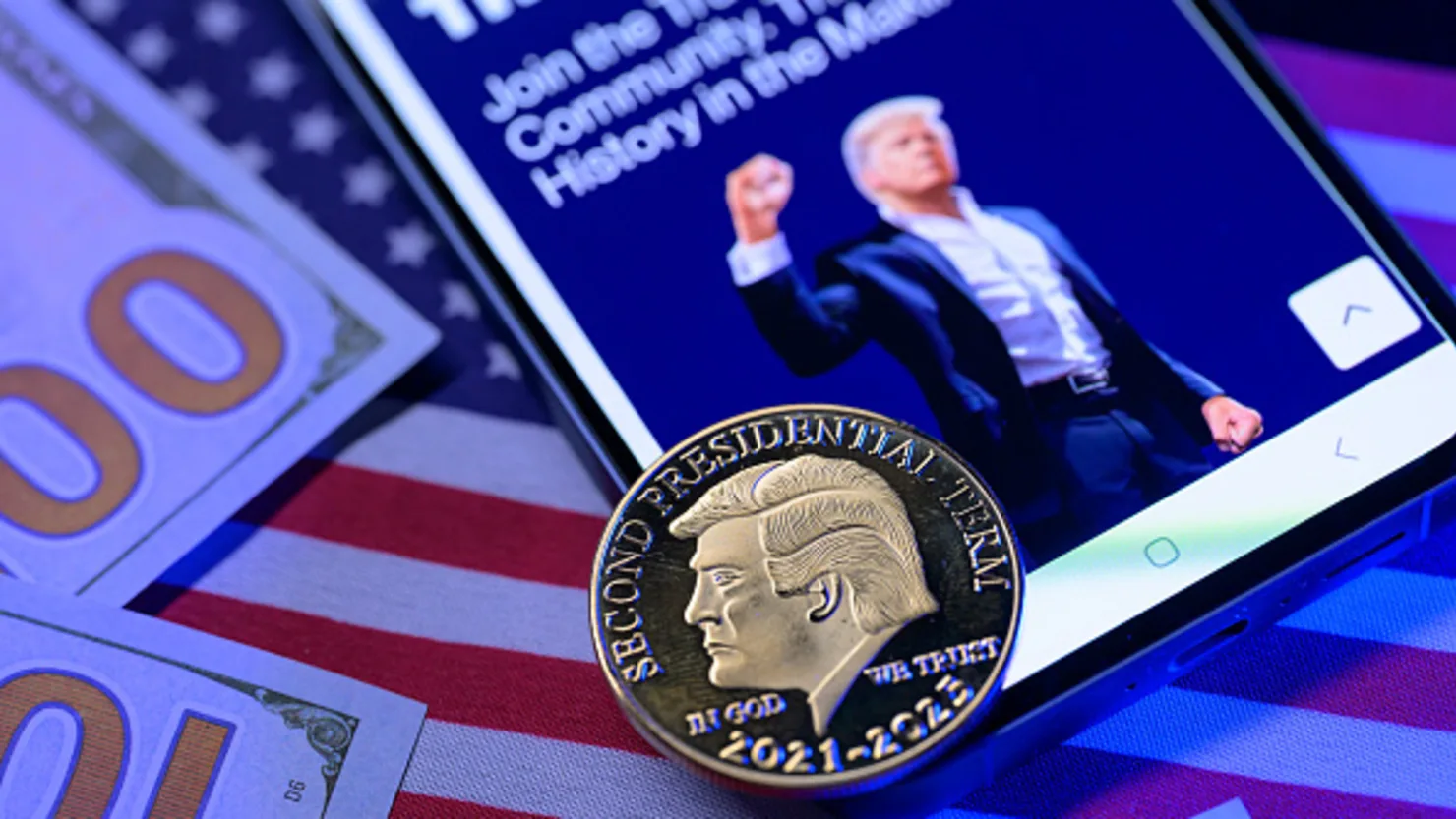With less than a week remaining until former President Donald Trump’s private dinner for the top $TRUMP meme coin holders, the list of attendees has sparked intrigue due to the anonymity of many participants. Scheduled for May 22 at Trump’s golf club in Virginia, the event will host the top 220 token holders, with the leaderboard finalized on Monday night. However, many wallets securing seats are pseudonymous and connected to international exchanges that do not cater to U.S. customers, raising concerns about foreign involvement.
Blockchain data reveals that a significant portion of these wallets interact with platforms like Binance, suggesting the holders are likely based outside the U.S. Further analysis shows that 19 of the top 25 wallets are controlled by individuals operating from overseas jurisdictions. Among the most prominent names suspected to be on the list is Justin Sun, the Chinese-born founder of the Tron blockchain. Sun reportedly purchased $75 million worth of the Trump-affiliated World Liberty Financial token, with one wallet labeled “Sun” holding over $18 million in $TRUMP, including $4.5 million acquired after the dinner contest was announced.
Singapore-based crypto platform MemeCore secured second place with an $18 million investment. Additionally, an Australian crypto investor also made the top tier. The composition of the leaderboard underscores the token’s high volatility and speculative nature. Although some early investors have reaped significant profits, the broader landscape is more complex. Data shows that 560,376 wallets have collectively realized $5.2 billion in gains, while 592,962 wallets have incurred $3.9 billion in losses. This disparity illustrates a substantial wealth shift within the ecosystem, benefiting a limited group of early buyers.
The growing financial interest in Trump-branded tokens has raised concerns among lawmakers. Senator Richard Blumenthal of Connecticut cautioned that the Trump family’s expanding crypto involvement could become a channel for foreign and corporate entities to gain political access. One notable example is Freight Technologies, a Texas-based logistics company with a modest $2.3 million market cap, which purchased $2 million worth of the $TRUMP token in a bid to influence U.S.-Mexico trade policy. Despite the investment, the company ranked 250th and did not qualify for the dinner.
As scrutiny increases, the convergence of crypto, politics, and international interests surrounding the $TRUMP token continues to prompt questions about influence, transparency, and the future role of digital assets in American political financing.
READ MORE:
